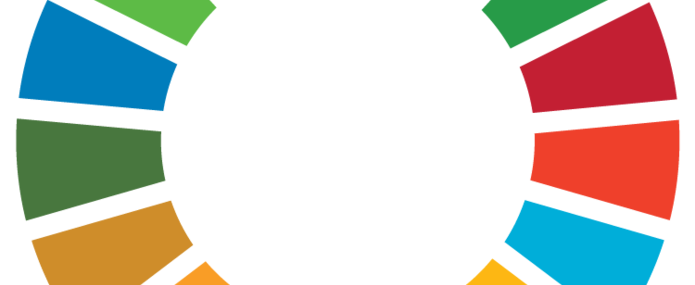Following the recent presentation of the budget bill for 2018, IDDRI returns to the question of the evaluation of budgetary policy and shows the potential role of Sustainable Development Goals (SDGs) in organising the budget debate.
On 27 September, the French government presented the budget bill for 2018 to the Council of Ministers. This first “Macron budget” has given rise to a number of analyses, comments and statements from not only the media, but also civil society and the political sphere. The impacts on income inequality, the relevance of financial resources allocated to education, and the implications for development assistance are just some of the many issues addressed. However, it is far more unusual (and difficult) to find a coherent evaluation of this budget proposal as a whole, in other words a global vision of what this budget means for progress and for the individual and collective well-being of French people. The SDGs, which have just celebrated their second anniversary, could be a way of tackling this limitation.
The SDGs, a comprehensive, coherent framework for evaluating progress
By adopting the SDGs in September 2015, the United Nations General Assembly took a historic step: for the first time, all the states of the world agreed on a shared vision of progress, described through 17 goals and 169 targets, and measured by more than 200 indicators. In addition to establishing a global agenda for development, one of the benefits of the SDGs is that they provide an evaluation framework for public policy coherence. Each goal is based on targets that associate different dimensions of sustainable development, making it possible to take account of the linkages between public policies. Goal 9, “Infrastructure and industrialisation”, thus recalls that an industrialisation policy impacts not only unemployment and growth, but also inequalities (through access to infrastructure) and sustainable production and consumption (through the efficient use of resources).
An interesting tool in the context of the budget debate
The multidimensional nature of the SDGs makes them a useful tool for organising the budget debate. Several countries have already begun to use them to this end, while others hope to do so in the future (see, for example, our analysis of the national voluntary reports during the High Level Political Forum in 2016). Where France is concerned, we have noted growing interest among members of Parliament. The President of the Sustainable Development Commission at the National Assembly, Barbara Pompili, has announced her commitment to using the SDGs within the framework of the 2019 budget debate.
The next steps
The idea of developing new indicators to better evaluate progress is not specific to the SDGs. Since the early 2000s, several countries and international organisations have launched discussions on “new indicators of wealth”, aimed at enabling more accurate, complex measurement of all the dimensions of progress. In France, these discussions led to the adoption of the Sas law in 2015, which requires the government to submit to the Parliament’s Financial Commission a report concerning 10 indicators of wealth with every budget proposal. After two years of existence, this report is still rarely used in parliamentary budget debates. The prospect of integrating the SDGs into the budget debate must therefore be considered taking account of existing tools: how can the SDGs deliver real added value and avoid being just another layer of indicators without any impact on the public debate? How can they be articulated with existing indicators? At what point in the financial year should they be used, and for what purpose? These are just some of the questions IDDRI will be exploring over the coming months, including the way in which other countries use the SDGs.

